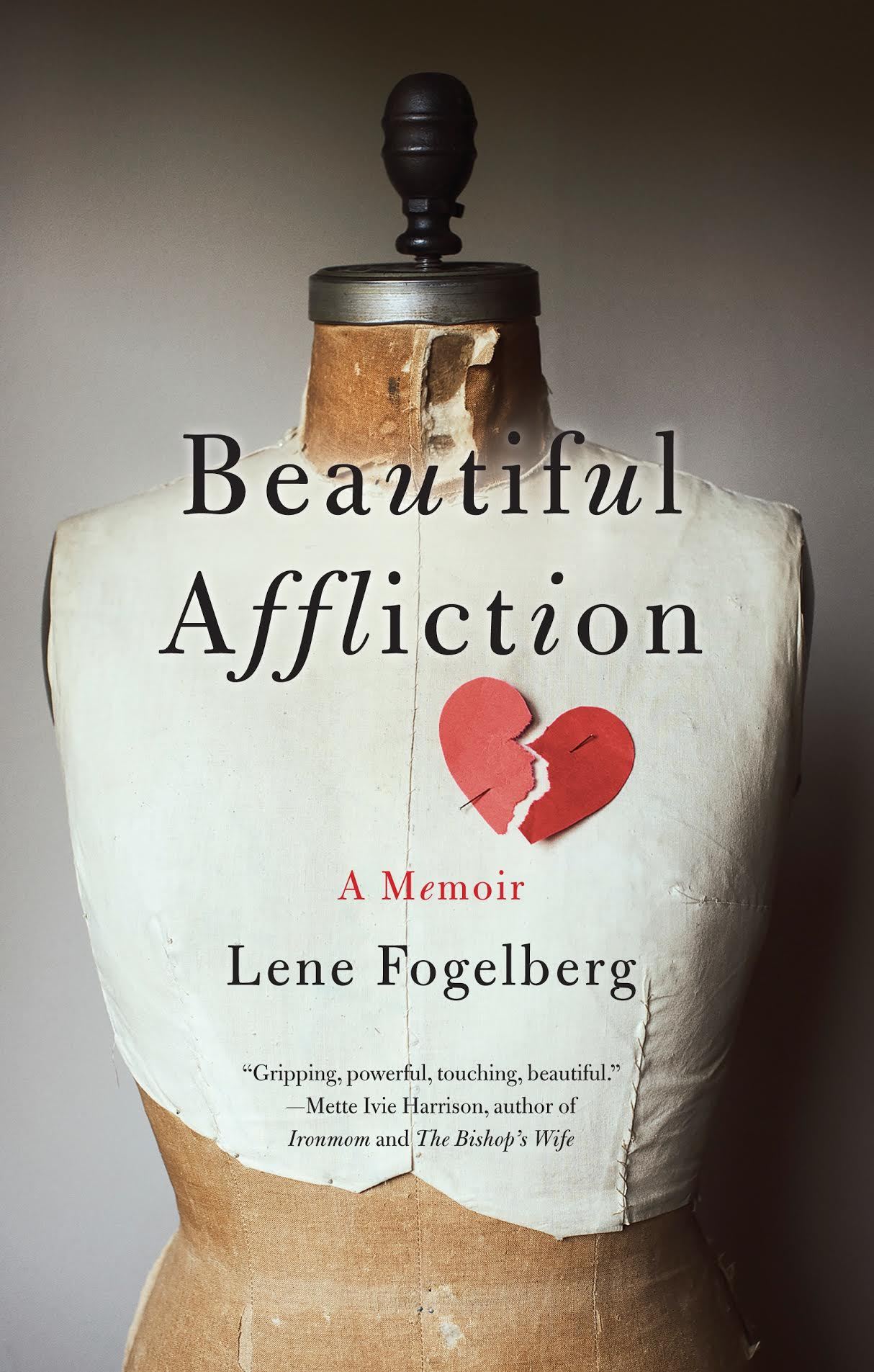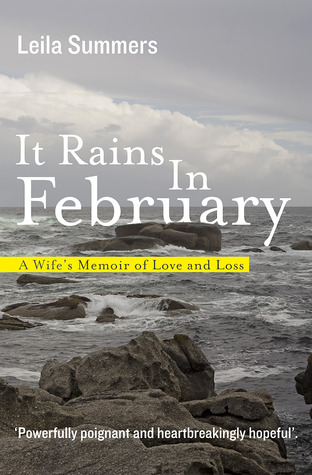
There Are Things I Want You to Know about Stieg Larsson and Me
Book Description
Secrets whispered in shadows. Love intertwined with mystery. Eva Gabrielsson opens a door to her life with Stieg Larsson, the brilliant mind behind the Millennium series, revealing passions, untold stories, and a fight for justice. As she navigates the chaos of his legacy, readers are drawn into a world of intrigue and betrayal, where every page crackles with unresolved tensions and haunting memories. This is more than an intimate memoir; it’s a testament to love, loss, and the pursuit of truth against formidable odds. What happens when the man behind the story becomes a part of a greater narrative?
Quick Book Summary
In "There Are Things I Want You to Know about Stieg Larsson and Me," Eva Gabrielsson offers an affecting account of her life with the acclaimed journalist and author of the Millennium series. Through candid reflection, she intertwines personal memories with political conviction, revealing the passions that fueled their decades-long partnership. Gabrielsson details the challenges they faced, from Larsson's relentless pursuit of truth and justice in the face of right-wing extremism to the struggles surrounding his literary legacy after his sudden death. More than a love story, the memoir exposes the legal and emotional complexities of inheritance and recognition, while exploring grief, activism, and the enduring bond of shared ideals. Ultimately, Gabrielsson's narrative is a testament to love, loss, and the fight to preserve both memory and justice.
Summary of Key Ideas
Table of Contents
Love and Partnership Beyond Convention
Eva Gabrielsson paints the story of her thirty-year relationship with Stieg Larsson as one of unwavering partnership, both personal and intellectual. Their unconventional decision not to marry—rooted in Swedish laws designed to protect journalists—underscores the sacrifices they made to safeguard their activism and ideals. Gabrielsson describes their life in Stockholm, weaving in the forces that shaped their bond: a shared love of literature, left-wing politics, and a mutually sustaining drive to expose injustice. Her memoir is as much an exploration of their individual and joint identities as it is a chronicle of a deep, abiding love.
Shared Political Activism and Ideals
Political activism forms the backbone of both Gabrielsson’s personal history and her shared life with Larsson. She recounts the threats and adversities Larsson faced as an outspoken opponent of far-right extremism while editing the anti-fascist magazine Expo. Gabrielsson details their joint efforts against racism, misogyny, and intolerance in Sweden, situating their activism as inspiration for the themes and characters in the Millennium trilogy. These convictions did more than inform their worldview; they directly influenced Larsson’s iconic literary creations, reflecting the real dangers and ethical dilemmas the couple confronted daily.
Inspiration and Creation of the Millennium Trilogy
The creation and aftermath of the Millennium trilogy is a central theme. Gabrielsson reveals intimate insights into Larsson's writing process, motivations, and the personal stories woven into the novels. She provides context for characters like Lisbeth Salander and Mikael Blomkvist, drawing links to their own lives and the people they knew. The trilogy’s phenomenal posthumous success stands in stark contrast to the humble circumstances of its inception, intensifying the tensions and problems that arose after Larsson’s sudden death.
Legal Struggles and the Fight for Legacy
A significant portion of the memoir deals with the legal and emotional battles that followed Larsson’s death in 2004. Because they were not legally married, Gabrielsson was excluded from decisions about Larsson’s estate and intellectual property, which defaulted to his estranged father and brother under Swedish law. She details her struggle to gain control or at least influence over Larsson’s legacy, including the fate of the unfinished fourth novel, and the profound sense of loss and injustice this process entailed.
Grief, Resilience, and the Cost of Secrecy
Gabrielsson’s narrative is fueled by a complex blend of love, grief, and resilience. She describes the secrecy and sacrifices that shadowed their partnership, the pain of being sidelined by legal bureaucracy, and the burden of legacy. Yet, through her writing, she enacts a form of reclamation: honoring Larsson’s memory, articulating their story, and reaffirming their shared ideals. The memoir becomes a meditation on what it means to love and lose, and a sustained act of resistance against erasure, both personal and political.
Download This Summary
Get a free PDF of this summary instantly — no email required.





